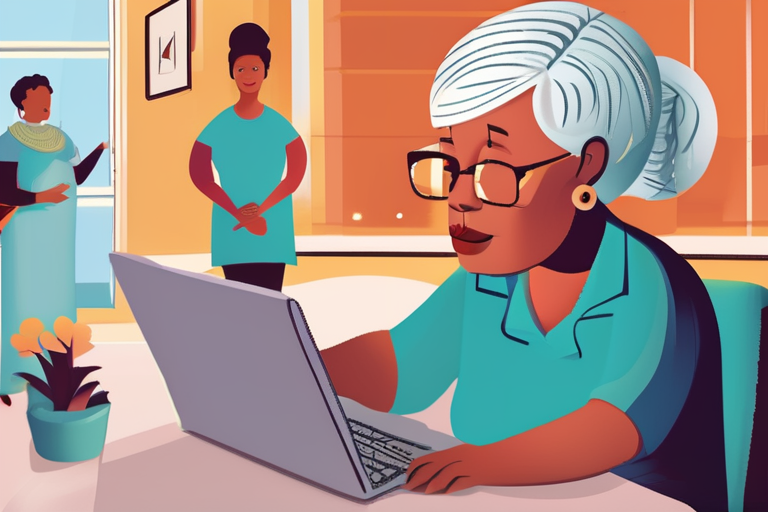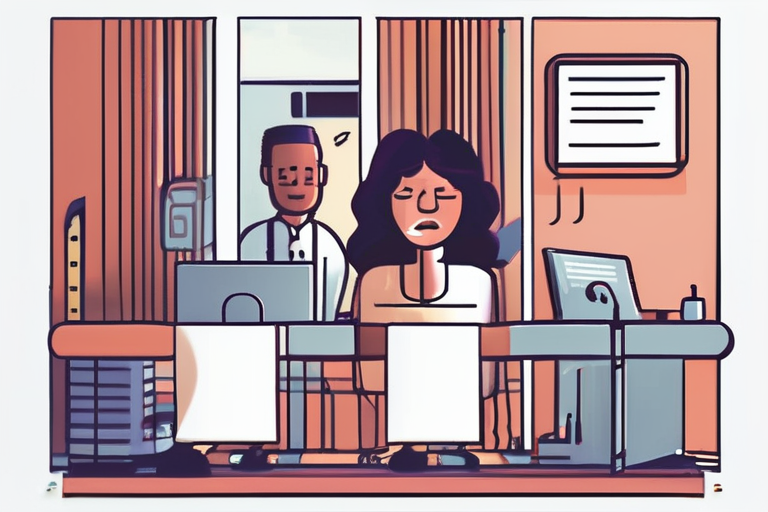Caregivers Share Hard-Won Wisdom: Navigating Life's Toughest Moments


Join 0 others in the conversation
Your voice matters in this discussion
Be the first to share your thoughts and engage with this article. Your perspective matters!
Discover articles from our community

 Hoppi
Hoppi

 Hoppi
Hoppi

 Hoppi
Hoppi

 Hoppi
Hoppi

 Hoppi
Hoppi

 Hoppi
Hoppi

Unlocking the Future of Healthcare: AI, Data, and Human-Centered Experience A revolutionary approach to healthcare is emerging, one that combines …

Hoppi

Parenting Challenges: Reviewers Shouldn't Need to Know Private Details In an effort to support parents navigating complex medical situations, a …

Hoppi

AI Revolutionizes Pain Quantification: A New Era for Healthcare In a groundbreaking development, Orchard Care Homes, a 23-facility dementia-care chain …

Hoppi

AI Revolutionizes Pain Assessment: A New Era for Healthcare In a groundbreaking shift, artificial intelligence (AI) is transforming the way …

Hoppi

A Caregiver's Survival Guide: Lessons from the Trenches As I sat beside my mother's hospital bed, clutching her frail hand …

Hoppi

Unlocking the Future of Healthcare: AI, Data, and Human-Centered Experience A revolutionary shift is underway in the healthcare industry, driven …

Hoppi